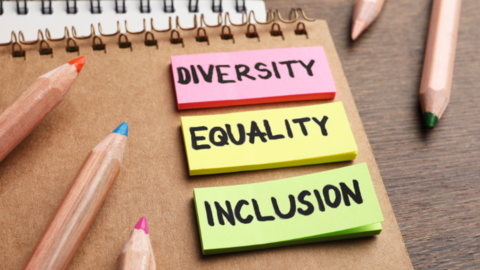Companies news
Workplace Gender Equality Bill 2024: Legal Insights from our Members

The new Workplace Gender Equality Bill introduces stricter reporting for large employers. Legal insights shed light on key implications.
The Workplace Gender Equality Amendment (Setting Gender Equality Targets) Bill 2024 was introduced to the Australian House of Representatives on 20 November 2024. If passed, it will require large employers with 500 or more employees to set and report on specific gender equality targets to the Workplace Gender Equality Agency(WGEA). While the precise targets are yet to be defined, this marks a significant shift towards greater corporate accountability in gender representation, pay equity, and career progression.
Key Implications for Businesses
The Bill amends the Workplace Gender Equality Act 2012, reinforcing existing obligations while introducing more structured reporting requirements. Large businesses will need to demonstrate progress in achieving gender balance across different levels of employment.
Although the new legislation is targeted at larger employers, legal experts stress that businesses of all sizes should take proactive steps to assess their workplace policies, particularly if they engage in government procurement or aspire to expand in highly regulated industries.
Legal Perspectives
Chris Shelley, Special Counsel at King & Wood Mallesons, advises HR professionals and employers to stay ahead of these changes:
“Employers, and in particular, HR professionals, are mindful that these topics can move quickly and significantly, so it’s really important to understand what’s on the horizon and make sure that businesses are well placed, irrespective of which way things go.”
Shelley highlights the importance of monitoring global diversity trends, suggesting that companies prepared for such shifts will be in a far stronger position than those reacting at the last minute.
Megan Cant, Partner at Holding Redlich, recommends a planned approach to avoid compliance risks:
“Even for employers under 500 employees, having some level of preparedness or a planned action approach will help businesses stay ahead rather than trying to react when things change.”
Cant also points out that the Bill does not specify targets and selection criteria, which could create practical challenges for employers. However, businesses should begin reviewing their policies now to ensure they are well-placed to meet future expectations, particularly when bidding for government contracts, taking into account the focus areas for the gender equality targets as foreshadowed by Minister for Women, the Hon Katy Gallagher.
Next Steps for Employers & HR
To prepare for these changes, businesses should:
- Monitor legislative updates and any new guidance from WGEA.
- Assess internal gender representation and pay structures, identifying areas for improvement.
- Develop a long-term strategy for gender equality, including leadership pathways and workplace culture.
- Ensure readiness for potential procurement implications, particularly if competing for government contracts.
With gender equality in the workplace increasingly under scrutiny, businesses that take action early will not only ensure compliance but also enhance their employer brand and talent retention.
Source: HRD Mag


